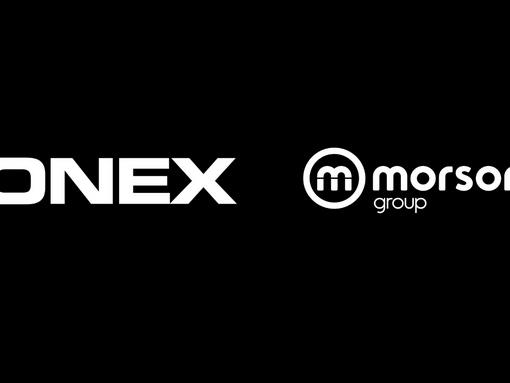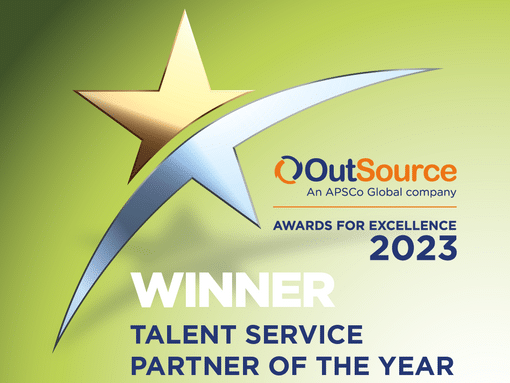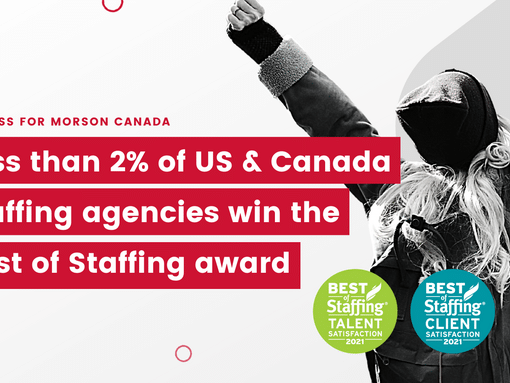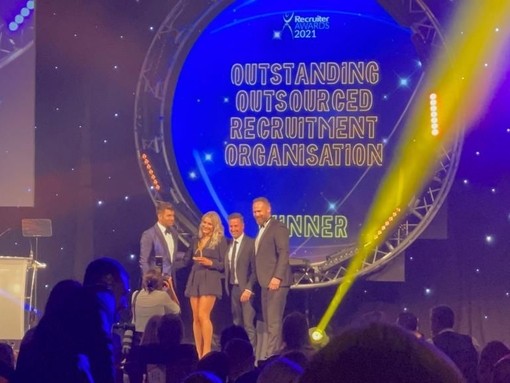
Getting ahead of IR35 | We answer your questions
The Government may have given businesses an additional 12 months on top of the original April 2020 deadline to prepare for the reforms to IR35 legislation, but doing so in today’s climate is anything but normal.
With many private sector organisations prioritising how they tackle the disruption caused by the ongoing pandemic, combined with the potential of a ‘No Deal’ Brexit, the last few quarters have been spent focusing on how to adapt operations and labour strategies against much bigger problems.
However, with less than six months to go until the updated deadline comes into play, organisations must once again place IR35 at the top of their talent agenda, taking proactive steps to mitigate the risk that the upcoming reforms bring.
What is changing?
From 6th April 2021, determining the correct IR35 status will switch from the individual to you, the end client.
Those who fail to identify and correctly comply could face significant financial penalties, as well as the potential legal and reputational damage of not prioritising your greatest asset – your people.
How can I prepare?
To help clients prepare for this milestone moment, we’re holding a series of webinars about IR35 reform and the responsibilities that will come to lie with businesses, their contractors and us as their recruitment agency partner.
In our latest webinar, we explored how businesses must demonstrate ‘reasonable care’ when considering the employment status of their contractors. From there, there’s a jigsaw of different elements to pull together to remain compliant, including updating contractual terms, assessing financial risk, looking at substitutions and personal services then how the new process is integrated to every ‘in scope’ worker.
We’re repeating our webinar on 12th January 2021, 11am – 12pm, for those who were unable to attend. However, we wanted to answer some questions that were raised during the session which we think will give our future webinar attendees a greater knowledge on IR35, making this a useful asset when it comes to your own reform considerations.
Q&A
The below queries have been responded to jointly by the three experts who headed up our webinar – Phil Beardwood, compliance & assurance director at the Morson Group; Chris Bloor, compliance & assurance manager at Champion Contractors and Amy Jones, associate at Thorntons Law LLP.
Q: As a freelance HR consultant working under my own Ltd company, what preparation should I be doing in preparation for IR35? My agreement has a right of substitution, but I have never had to apply this.
A: If you haven’t already done so, you’ll need to obtain your own assessment to see if how you provide your services would be considered inside or outside of the legislation. Collate as much evidence of what you consider sets you aside as different to an employee and speak with your end client(s) to get their interpretation of the relationship. Ultimately, it will be the end client that needs to make the determination and pass down the chain, but facilitating and supporting this will be beneficial on both sides.
It’s positive news that your contract includes the right to substitute, however, it will be important to see how this will be applied by the client if or when you wanted to provide an alternative worker. With that in mind, speak with your client(s) ASAP so that you can work together to obtain a compliant solution. You should also consider who you might provide as a substitute if this situation ever arose and agree terms with them so that you can further demonstrate that a substitution could realistically happen.
Q: Is there a standard format of SDS we should be using?
A: Unfortunately, there isn’t a standard format or template for what an SDS would look like. However, it should confirm the overall determination, explaining the reasoning behind why the client has determined the worker to be in or outside of scope, detailing all elements of working day practices, and should ideally also include the appeal process.
HMRC has provided further details about client requirements here.
Q: We’re a small business exempt from determination, but we sometimes resource our clients’ teams with freelancers. What should happen in these situations? Should our end client make the determination? And if a determination is made, who pays NI and tax - is this paid by the contractor?
A: First you need to establish who is the actual end client because that is where the obligation to provide the determination lies. If the end client passes the SDS down the chain to you as the intermediary then, if in scope, you will be classed as the fee payer and must deduct Tax/NI at source.
As a small business, your responsibility is to confirm your size if asked by the contractor or organisation you contract with. This is to make sure that you, agencies and workers can consider what rules apply.
Q: I received an email indicating I will have my hourly rate reduced to deduct ENIC. I pay into a company pension and thought this was calculated before NIC/corporation tax deduction. How do I recover the ENIC on the sum I put into a company pension?
A: If you opt to be paid PAYE by Morson then there will not be the ability to operate a salary sacrifice pension arrangement. This can be accommodated by some of our umbrella company providers such as Champion Contractors. Please contact them directly to discuss your circumstances.
Q: Which contract takes precedence - client-agency or agency-contractor?
A: Neither holds precedence, as both need to be reviewed to ensure there is congruence through the supply chain. However, for the purposes of an IR35 assessment you should consider the contract in place between the PSC and the agency as taking precedence. That’s because the upper level contract would default as the overriding agreement with the intermediary. However, HMRC will attempt to construct a hypothetical contract based on actual working practices.
Q: We are not-for-profit, and agencies are already asking about our IR35 determinations, but we believe we are in the April 2021 roll out alongside the private sector. Is this the case?
A: Many clients and agencies are seeking this information now in relation to assignments which they know will continue beyond 6 April 2021, and which they are trying to get ahead of.
Firstly, check to ensure your organisation will be required to make determinations, as charities and not-for-profits must meet two of the three thresholds over two accounting periods to fall under the new IR35 rules. These thresholds are an annual turnover of £10.2million or more, a balance sheet total of more than £5.1million and having over 50 employees.
If this is the case, and you are responsible for making these determinations, then it will be important to start your preparations ASAP.
















